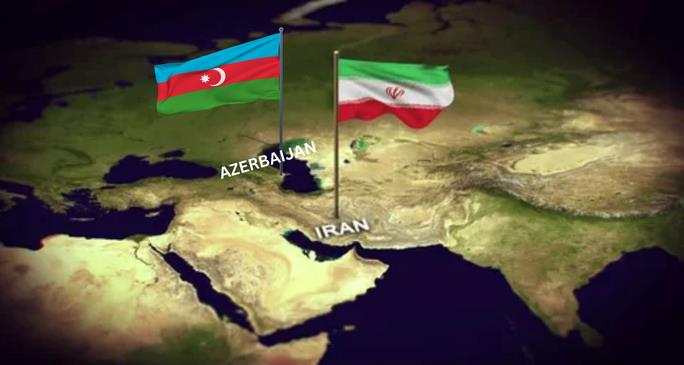
Tehran's Mixed Signals And Impact On Relations With Baku
Iran-Azerbaijan relations are based on historical roots and are of strategic importance for the South Caucasus. In turn, Tehran, which has maintained diplomatic relations with Baku since Azerbaijan regained its independence in 1991, has successfully implemented this through a series of agreements signed with the country in the political, economic and cultural areas.
As a mention to history, in early December 1991, former Iranian Foreign Minister Ali Akbar Velayati paid a visit to Baku, where he had signed a number of agreements on political, economic, and cultural cooperation and pledged to support Azerbaijan's membership in the Organisation of the Islamic Conference (now the Organisation of Islamic Cooperation). Within a few days after the visit, Iran recognized Azerbaijan's independence on January 4, 1992, and opened its consulate in Baku to establish full diplomatic relations.
However, diplomatic relations between these two Muslim countries have not always been steady and straight. These relations have been affected from time to time for several reasons, such as Iran's support for Armenia at a time when Azerbaijan's territories were under Armenian occupation - which is also one of the key factors.
What pushes Islamic country leadership to double standards?
Interestingly, in Iran, the supreme religious leader and the presidential administration, which has a symbolic role in political matters, contradict each other in their relations with regional states due to differences of opinion.
Recall that on January 22 of this year, a meeting of the Iran-Azerbaijan Joint Economic Committee was held in Tehran, and the parties reached agreements on cooperation in a number of economic areas. Iran emphasized the importance of bilateral trade revenues of $583 million with Azerbaijan in the last 11 months of 2024 for the parties. Besides, Iran expressed its hopes for agreements in transportation, customs, energy, oil, gas, electricity, water, banking, preferential trade, investment, and other areas, that can open new avenues of collaboration and witness further growth in bilateral trade relations.
All this confirms that Iran is an extremely interested party in expanding economic relations with Azerbaijan and does not raise serious doubts about Tehran's respect for the newly restored diplomatic relations with Baku.
However, for some reason, double standards within Iran and the emotional behaviour of the theocratic authorities cast a shadow over Tehran's diplomacy.
As is known, the chargé d'affaires of the Iranian embassy in Azerbaijan, Seyid Jafar Aghaei Maryan, was summoned to the Ministry of Foreign Affairs last day. According to the information, during the meeting, Azerbaijan expressed its discontent with the recent open campaign against the country and its leadership in Iranian press agencies close to the government.
The Ministry brought to the attention of the chargé d'affaires that such steps are aimed at harming relations between the two countries, and it is necessary to prevent them: "The chargé d'affaires of Iran expressed regret over some unpleasant statements and actions and promised to convey the matter to the competent authorities of his country."
Certainly, the Ministry of Foreign Affairs' justified criticism stems from the recent cheap provocations of provincial mullahs in Iran, such as anti-Azerbaijani remarks in mosques, statements by some Iranian MPs that contradict the state's policy, and so on. All these situations fundamentally contradict Iran's political course towards Azerbaijan. However, in order not to undermine its credibility in diplomatic relations, Iran tried to convince the other side by issuing a decree on the execution of the terrorist who attacked the Azerbaijani embassy in Tehran. So why does Iran, trying to justify itself, question its sincerity?
If the question arises, what does Iran gain from such behaviour, then we can say that such a changeable position of Tehran harms not Baku, but itself.
Tehran knows that Azerbaijan, which runs a sound diplomacy in the South Caucasus, is the most powerful actor in the region. Maintaining healthy relationships with it is a shield against the Western threat emerging in another neighbouring state in the region.
Legal Disclaimer:
MENAFN provides the
information “as is” without warranty of any kind. We do not accept
any responsibility or liability for the accuracy, content, images,
videos, licenses, completeness, legality, or reliability of the information
contained in this article. If you have any complaints or copyright
issues related to this article, kindly contact the provider above.


















Comments
No comment